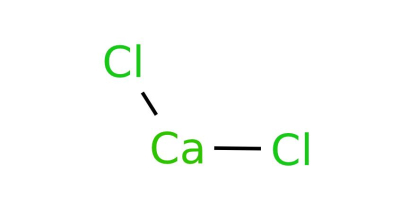DI-N-OCTYL PHTHALATE CAS#117-84-0
High Purity and Transparency – Appears as a colorless, transparent oily liquid with no visible impurities.
Excellent Plasticizing Properties – Widely recognized as an effective and versatile plasticizer in various applications.
Stable Physical Characteristics – Maintains good fluidity and consistency under normal temperature conditions.
Broad Industrial Applicability – Suitable for diverse uses across multiple industries due to its reliable chemical stability.
Dioctyl Phthalate (DOP), also referred to as dioctyl phthalate, is a commonly used organic ester compound. At room temperature, it appears as a colorless, transparent oily liquid free of visible impurities, though some products may exhibit a faint odor.
DI-N-OCTYL PHTHALATE Chemical Properties
Melting point | -25℃ |
Boiling point | 380 °C |
Density | 0.980 g/mL at 20 °C(lit.) |
Vapor pressure | 5(x 10-8 mmHg) at 82 °C, 500 at 132 °C (Gross and Colony, 1973) |
Refractive index | n20/D 1.485 |
Fp | 219 °C |
Storage temp | 2-8°C |
Solubility | Chloroform (Slightly), Methanol (Slightly) |
Form | Oily Liquid |
Color | Colourless |
Specific Gravity | 0.98 |
Water Solubility | Insoluble in water. |
Merck | 14,2864 |
BRN | 1915994 |
Henry's Law Constant | 1.41(x 10-12 atm?m3/mol) at 25 °C (approximate - calculated from water solubility and vapor pressure) |
Dielectric constant | 5.1(24℃) |
CAS DataBase Reference | 117-84-0(CAS DataBase Reference) |
NIST Chemistry Reference | Di-n-octyl phthalate(117-84-0) |
EPA Substance Registry System | Di-n-octyl phthalate (117-84-0) |
Safety Information
Risk Statements | 60-61 |
Safety Statements | 23-24/25 |
RIDADR | 2810 |
WGK Germany | 2 |
RTECS | TI1925000 |
TSCA | Yes |
HS Code | 29173200 |
Hazardous Substances Data | 117-84-0(Hazardous Substances Data) |
Toxicity | Acute oral LD50 for mice 6,513 mg/kg (quoted, RTECS, 1985):rats 13,000 mg/kg (Dogra et al., 1989):mice 1,250-1,954 mg/kg (Etnier, 1987). |
Product Usage
Dioctyl phthalate, a versatile general-purpose plasticizer, is primarily employed in the processing of polyvinyl chloride (PVC) to improve the flexibility of finished products. It is widely compatible with various PVC items, including films, artificial leather, cables, and hoses. Additionally, it is used in gas chromatography stationary phases and in the performance testing of high-efficiency filters. Certain compliant grades are also suitable for the production of food and medical packaging materials.















